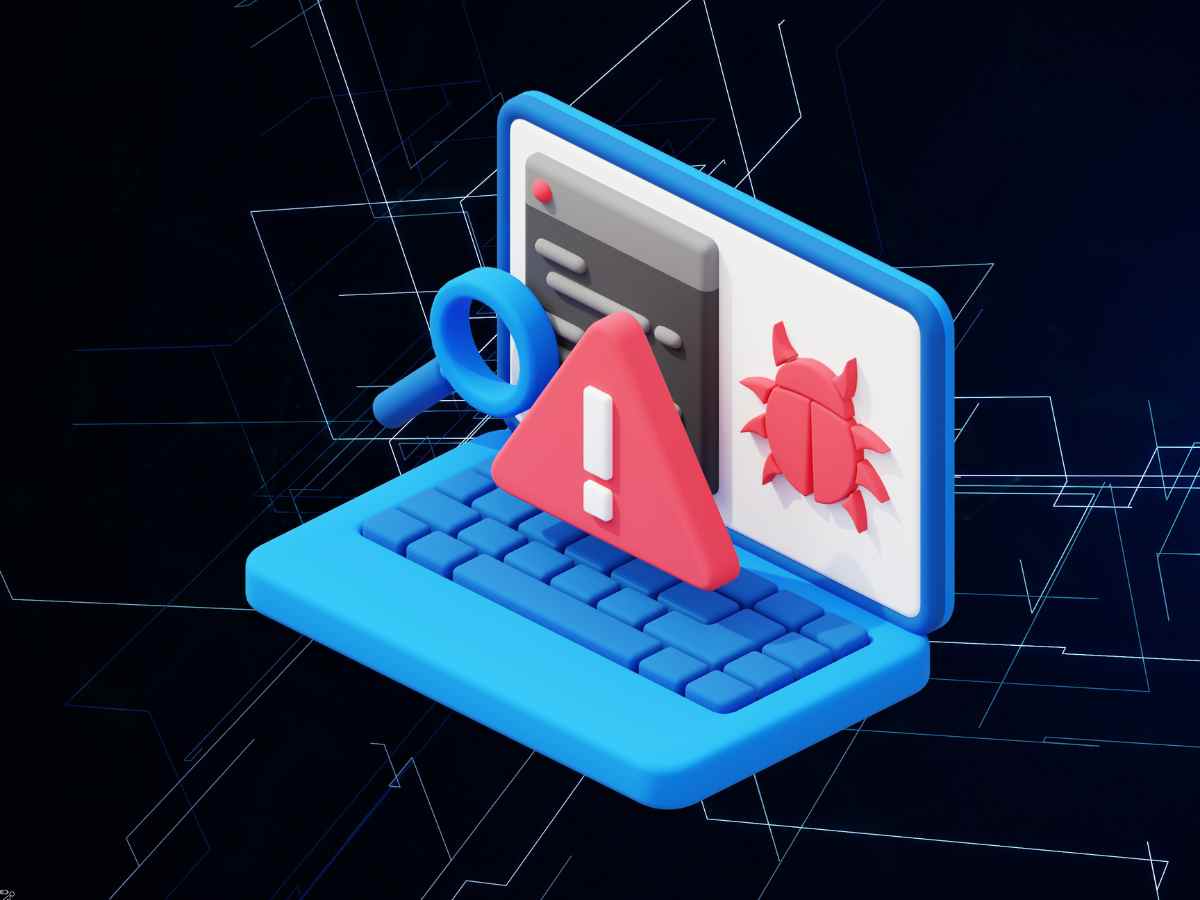Let’s talk about something most people can relate to: Procrastination. I will do it tomorrow. I still have time to do this task. Sounds familiar? If yes, you have been caught in the loop of procrastination. We’ve all been there. The missed deadline or an incomplete to-do list, and yet, we find ourselves doing everything except what we need to do. Like suddenly, we decide it is the perfect time to reorganize our bookshelf, and in the middle of the task, we get lost in a YouTube video that has absolutely nothing to do with the task. Whatever the reason, procrastination is something almost everyone has experienced.
But procrastination is more than just a bad habit or a matter of poor time management. It’s not about laziness, though it often feels that way. This blog will tell you the reason behind procrastination and how we can break the cycle using simple strategies. Knowing the leading cause is the first step towards solving any problem. Let’s dive into the sea of procrastination.
What is Procrastination?
The act of delaying or postponing something for the next day or keep postponing it and continuing to postpone it. It is a habit or pattern of behavior that can significantly impact our productivity and mental health. Many of you can relate to this. When we delay any important task, it may seem harmless at first, but over time, it creates a feeling of guilt and stress for not completing it on time.
The interesting part is that we often know that we’re procrastinating, but we do it anyway. Why? Because it gives us short-term happiness and relief. It is very easy to leave something that feels uncomfortable, boring, or tough. But as we delay, the pressure builds, and eventually, that initial relief turns into even more stress.
Types of Procrastinators
Not all procrastinators are the same, and understanding the different types can help us find out why we delay, and how to stop.

- The Perfectionist:
This type of procrastinator fears making mistakes or producing poor work. They are so caught up trying to make everything perfect that they avoid starting the task. They often think, “If I can’t do it perfectly, I shouldn’t do it at all.” The pressure of perfectionism can paralyze them, leaving them stuck in a cycle of planning but never executing.
- The Avoider:
Avoiders procrastinate because of anxiety. They fear failure or embarrassment, so they push tasks to the back of their minds. If they can avoid thinking about the task, they don’t have to confront their feelings of inadequacy. But the longer they delay, the more intense the anxiety becomes.
- The Dreamer:
Dreamers tend to overthink. They spend so much time planning and thinking about the ideal outcome that they never get to work. They often get stuck in the “what ifs” and the details that seem important but ultimately delay progress. The end result? They end up constantly over-thinking without doing anything.
- The Crisis-Maker:
They are the end moment task completers. These are people who wait until the last possible moment to get things done, thriving under pressure. For them, deadlines are a source of energy, not stress. But while this may work in the short term, it’s an unsustainable approach that often leads to burnout.
- The Thrill-Seeker:
People who are thrill-seekers get easily distracted by more engaging or exciting things. They would rather love to play a game, a social media scroll, or any other activity that gives them a quick boost of happiness. The problem is that they get distracted often, leaving important tasks unfinished.
Why do we Procrastinate?
So, what makes us procrastinators in the first place? It’s not about laziness or poor discipline, there’s more going on inside our brains. Procrastination is often a way of coping with difficult emotions, and here’s why:

- Instant Gratification:
Our brains are designed to crave immediate rewards, whether it’s the satisfaction of scrolling through Instagram or the fun of watching one more episode of a show. Tasks that seem tough or difficult do not offer instant rewards, so we leave them aside in favor of something that gives us quick happiness and satisfaction.
- Fear of Failure:
A major reason we procrastinate is fear. Fear of not being good enough, fear of not meeting expectations, or even fear of rejection. These feelings can make the task seem impossible to complete. Instead of facing that fear, we choose avoidance. But avoiding the task does not make the fear go away, it only makes it worse in the long run.
- Lack of Motivation:
If a task doesn’t excite us, it’s easy to put it off. Motivation is hard to summon when the task feels boring or disconnected from our interests. Procrastination seems like a better option when there’s no emotional drive to complete something.
- Overwhelm:
Big tasks can be overwhelming, and the feeling of being overwhelmed often leads to procrastination. When we look at a huge project, it can feel impossible to even know where to start. Breaking the task into smaller, more manageable steps can help, but without that first step, the procrastination cycle continues.
Strategies to Overcome Procrastination
Breaking the habit of procrastination is not easy, but it is possible. Here are some strategies that can help you to get started:

- Break Tasks into Smaller Steps:
A large task can feel overwhelming and hard to complete, but smaller tasks are much more manageable. Instead of thinking, “I have to write a 10-page paper,” break it down into steps: I have to write one page a day. The smaller the task, the easy it feels to complete.
- Use the Two-Minute Rule:
Use this simple two-minute rule. If the task takes less than two minutes, complete it first. This can be a small email, organizing your workspace, or making a quick phone call. The idea is to eliminate small tasks that pile up and create unnecessary stress. Additionally, completing a few small tasks gives you a sense of accomplishment.
- Set a Timer (Pomodoro Technique):
We already talked about the Pomodoro technique in the article, Time Management Skills. The technique involves working for 25 minutes with a break of 5 min. This technique helps you stay focused. Knowing that you only have to work for a short period before you can take a break makes it easier to get started.
- Change Your Environment:
Sometimes, procrastination is a result of your environment. A cluttered desk, a noisy room, or too many distractions can make it hard to focus. Try changing your surroundings, whether it’s cleaning up your space or moving to a quieter location. A new environment can refresh your mind and make it easier to concentrate.
- Be Kind to Yourself:
Self-criticism stands as a major roadblock to overcoming procrastination. We tend to get harsh on ourselves for putting things off, which will only make the situation worse. Rather than dwelling on feelings of guilt, try to have compassion for yourself. Remember that everyone procrastinates sometimes, be gentle with yourself and keep in mind that you have the ability to move forward.
- Set Clear Deadlines
Sometimes, procrastination is a result of unclear or non-existent deadlines. Set clear deadlines for yourself, whether it’s a specific time to finish a task or a specific date to complete a project. Having a deadline can provide the structure you need to stay on track and avoid unnecessary delays.
Conclusion
We all struggle with procrastination at times, but it doesn’t have to control our lives. By understanding the reasons behind procrastination and using simple strategies to overcome it, we can start making progress, one small step at a time. The trick is to take tiny and doable steps and be kind to yourself along the way. The next time you find yourself procrastinating, try breaking the task into smaller pieces, setting a timer, or simply starting with something small. The hardest part is often getting started, as the first step is always the hardest, but once you do, you will be able to complete it.






